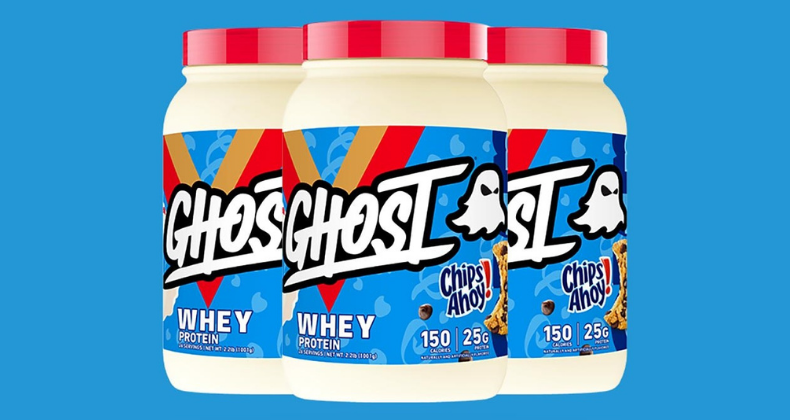Sweet Flavors Spice Sports Nutrition Business

Licensing is adding new flavors to the sports nutrition business.
Protein powders, shakes, bars, energy drinks and such have long carried their own brands, known mostly within their own narrowly defined universes. But licensing has moved in in a big way, mostly via unique flavor profiles in tandem with brands such as Sour Patch, Chips Ahoy, Nutter Butter to Girl Scouts Thin Mints, Hostess Twinkies, Welch’s grape and the Sonic restaurant chain’s cherry limeade.
New shelf space?
It not only brings recognized flavors to the substances, but also gives them a new road from their long-time home in specialty chains into grocery, drug and mass retailers.
The U.S. sports nutrition category had grown 10% annually since 2014 to $13.1 billion last year. This year’s forecast has been dampened by the pandemic-related closings of fitness centers and gyms, but licensing could be additive.
Into the mainstream
“Protein products 10 years ago had all kinds of taboos attached to them, but now it has become more mainstream,” says Ghost CEO Dan Lourenco, whose company launched this licensing movement in 2016 with Impact Confections’ Warheads candy flavor and now has licenses for Sour Patch, Welch’s, Sonic, Nutter Butter and Chips Ahoy. “And if someone has never tried Ghost before and they are on the fence, when they see Chips Ahoy or Swedish Fish, they may want to try us. If you are a customer new to buying protein, what could be better than buying one inspired by a brand you already know?”
There’s overlap between sports nutrition users and the “indulgent” brands. To start with, many consumers may have candy pre-workout for an energy boost, says Lourenco. Meanwhile, workout warriors typically give themselves 3-4 “cheat” days in a monthly regimen to eat less-than-nutritious food, says Gary McClinton, Senior Vice President of Licensing at Global Icons Group, which represents Hostess.
While the sports nutrition business has long had non-licensed chocolate, marshmallow and other flavors, none have the instant recognition and cachet of the licensed brands. say industry executives.
“We have had products with bits of marshmallow in them, but having the flavor of a Twinkie was definitely something that everybody [in focus groups] felt was interesting and something that they would buy and try,” says Gwen Bennett, of Bodybuilding.com, which launched co-branded Remix Twinkies- and Chocolate Cupcakes-flavored protein powders in August through its own site and Amazon. “Some these flavors will always be in stock, like Twinkies and Cupcakes, because there always will be demand. But others could be limited editions or seasonal” additions.
She says the Hostess flavors add “incremental sales…. We find that adding products and flavors re-engages customers.”
Dymatize has its non-licensed protein powders available in 15 flavors, but it recently signed an agreement with Post Holdings for Fruity Pebbles and Cocoa Pebbles.
The push for licensed brands and broader distribution also is partly tied to a shrinking of nutrition specialty store sector. Notably, GNC, which is major seller of the licensed brands and also has a DTR for a Girl Scouts-licensed S’mores-flavored protein blend and Thin Mints Total Lean shakes, filed for bankruptcy earlier this year, and is closing 800-1,200 of its 7,300 stores in the wake of its sale last week to Harbin Pharmaceutical Group Holding Co.




